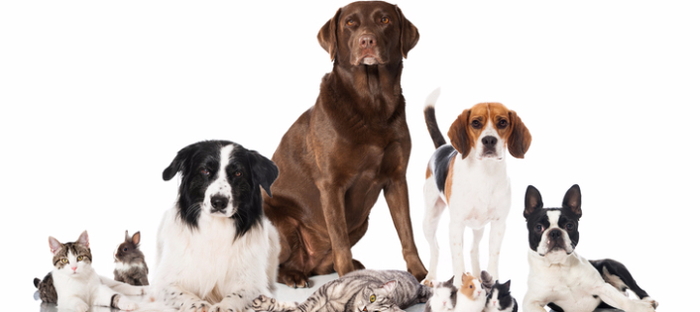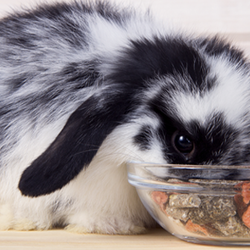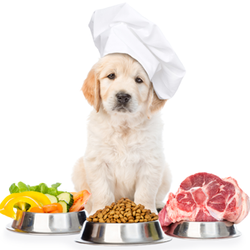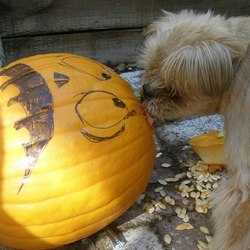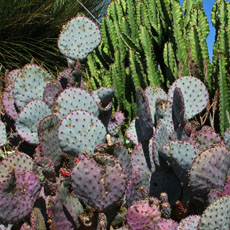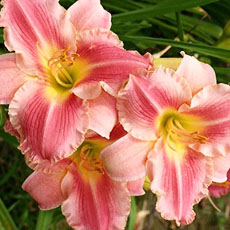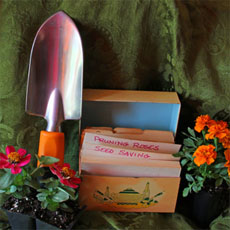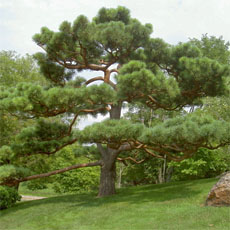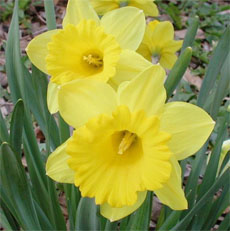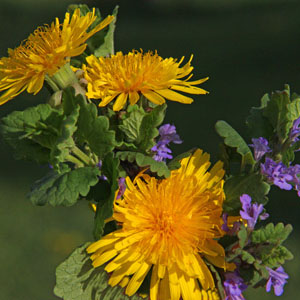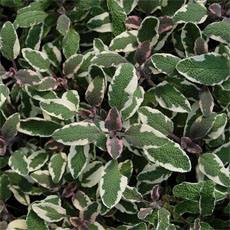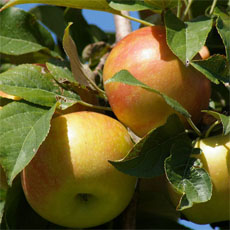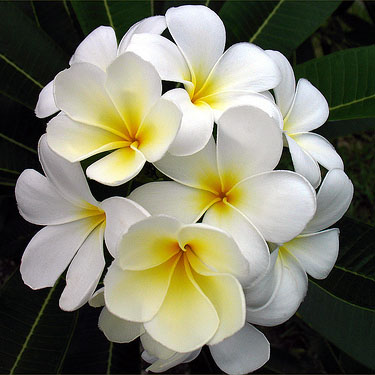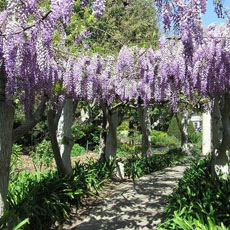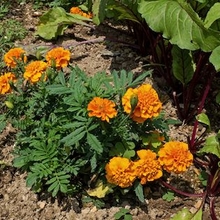Fresh vegetables are an important part of our human diet, but they also are essential for the health of our animals. They provide essential vitamins and minerals and protect their cells from disease. By growing some of your own plants for your pets, you cut down significantly on your pet food costs, and your animals will gain the health benefits of fresh veggies. An added bonus is that most pet-friendly plants are easy to grow.
Here are 14 garden plants that you can safely grow to feed your furry friends.
Note: Always check with your vet before making major changes to your pet's diet.
All Animals
1. Wheat and Barley Grass
These all-purpose grasses are easy to grow and maintain, and they are an excellent source of antioxidant nutrients, vitamins A, B-complex, C, E, K, minerals, amino acids, and even a bit if calcium. But the best part? Most animals love them. Cats will nibble grass right out of a container in a sunny windowsill, or you can feed it in clumps to your rabbits.
Dogs
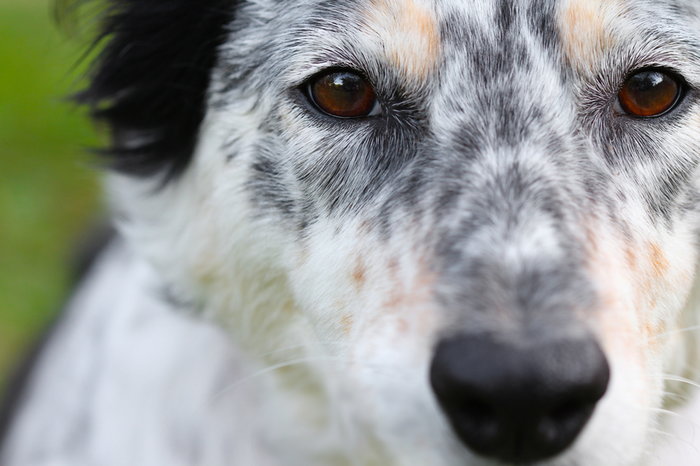
Although they love meat, dogs are omnivores, so a dog’s healthy, balanced diet will always have vegetables make up about a third of the meal. Dogs and also be fed some fruits and vegetables for easy, nutritious treats.
1. Melons
On a hot summer day, my dog begs for watermelon. Turns out, she knows what is good for her. Watermelon is a good source of lycopene for dogs and provides thiamin, vitamins A, B-6, and C. Plus, it is hydrating!
Cantaloupe is packed with vitamin A and beta-carotene, both of which are good for your dog’s health. However, if you feed either of these melons to your pooch, just make sure to remove the rinds and seeds first.
2. Green Beans
Steam these easy-to-grow garden plants before offering them to your dog. Green beans provide important omega-3 fatty acids and vitamins A, C, and K, and since they are low in calories, yet high in fiber, they are great for dogs that need to lose a little weight.
3. Spinach
The boost of iron gained from adding spinach to your dog’s diet helps your pet fight any inflammatory and cardiovascular problems and may help prevent certain forms of cancer. Spinach also is a natural source of calcium.
Cats
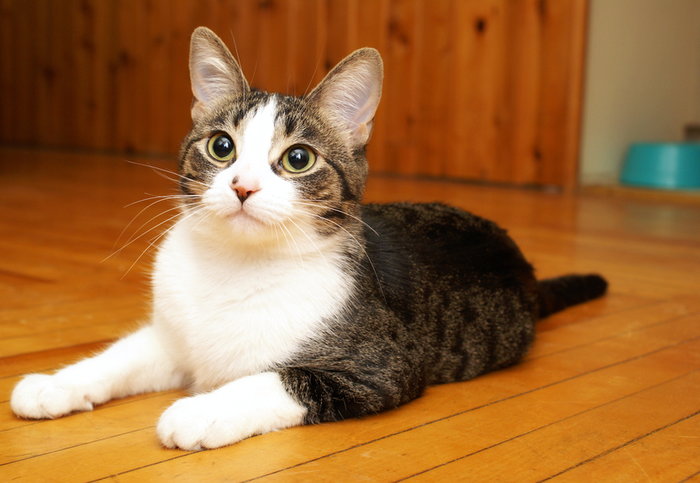
Cats are obligate carnivores, so meat must be their main food source. However, they too enjoy fresh vegetables in their diet on occasion. These plants should usually be offered as treats for your cat or meal additives, not as a replacement for a regular meal.
1. Carrots
Cook and dice carrots before mixing them in with your cat’s meaty entree. Carrots are a great source of healthy beta-carotene as well as other important vitamins and minerals. Never serve your cat raw carrots, as they present a choking hazard.
2. Peas
Mash some cooked peas into kitty’s regular food for a healthy boost of proteins and carbohydrates. In some cases, peas have even been known to help with gastrointestinal problems in cats. Any variety of peas will be fine for your cat, but since the pods will likely be too tough for them, feed them only the peas themselves.
3. Broccoli
Kitties like to nibble, and when your cat nibbles on steamed broccoli, she will gain a blend of healthy antioxidants that will boost her immune system.
Rabbits
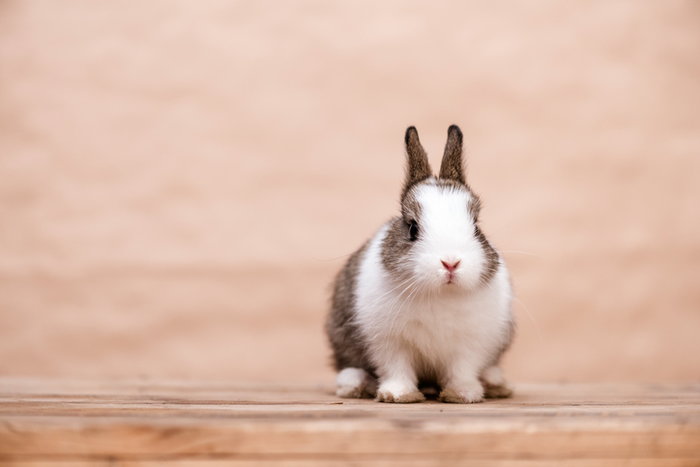
Contrary to what most people think, rabbits are not strictly herbivores. Rabbits are classified as obligate herbivores, which means, in terms of diet, they are the opposite of cats. Plants must be their main food source, but they can also eat meat.
Since rabbits are voracious eaters, growing some of your own bunny food will save you quite a bit of expense.
1. Herbs
As many gardeners have found out, sometimes to their displeasure, rabbits love herbs, so if you have pet bunnies, why not try growing some herbs just for them? They will love the taste, and they will gain all the nutritional benefits. A few of their favorites are basil, chamomile, cilantro, dill, oregano, mint, parsley, sage, thyme, and rosemary.
2. Dandelions
I grow dandelions and clover whether I want to or not, so it is good to know that they are good bunny food. In fact, those pesky dandelions contain more beta-carotene that carrots and more iron and calcium than spinach. Just be sure these plants come from a lawn that has not been treated with chemicals before you feed them to your rabbit.
3. Marigolds
Marigolds are a great addition to any rabbit lover’s garden. They are colorful, easy to grow, and rabbits love them. In fact, your hungry bunnies will eat them—flowers, leaves, stems, and all! Select the Calendula species of marigolds (Pot or English marigolds) as other varieties have a much stronger scent that may actually repel rabbits.
4. Leaf Lettuce
You know bunnies love lettuce, but for their health, did you know that the darker it is, the better? The good news about growing lettuce for rabbits is that they are not as fussy about taste as we are. They will eat an enjoy lettuce even after it has bolted.
Although we all are familiar with the image of Bugs Bunny munching on a carrot, feed them sparingly to your pet bunnies! Carrots are high in sugar and can cause digestive upset when eaten in excess.
Goats
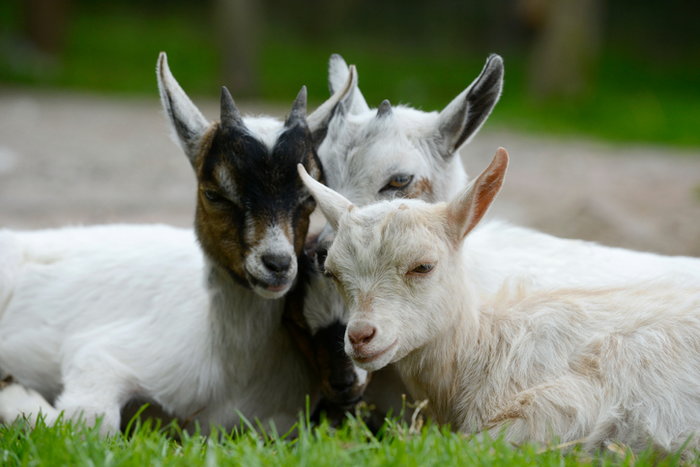
It is in the popular mindset that goats will eat anything, but when they nose around things like your clothing, a box, or a can, goats really are just investigating whether it is edible or not. Goats are herbivores and ruminant animals, which means they chew cud. They enjoy hay and grass, but you also can grow other plants for your goats' benefit!
1. Vetch
This fast growing cover crop is in the family of legume flowering plants. It actually helps the nitrogen levels in your soil and provides a solid protein source for your goats.
2. Root Vegetables
Goats enjoy eating the leaves, roots, and leaves of beets, carrots, turnips, and radishes. As they munch, they will be getting valuable vitamins and minerals.
3. Pea and Bean Vines
Harvest the peas and the beans for your family, and then let your goats nibble on the vines for the nutritional benefits.
What Not to Plant
Some garden plants are not safe for your animals to eat. These include tomatoes, potatoes, rhubarb, and onions. Certain varieties of flowers are even toxic to most pets, including clematis, crocus, daffodils, day lilies, foxglove, morning glory, narcissus, and lily of the valley. Not all parts of a plant may be toxic, however, but it is best to keep these away from your pets as best you can.
Symptoms of plant poisoning include sudden vomiting, diarrhea, heavy breathing, and listlessness. Call your vet immediately if you suspect poisoning, and if you think a certain plant is the cause, take part of it with you to the vet’s office.
For more information on plants that are toxic to pets, visit the ASPCA website.
